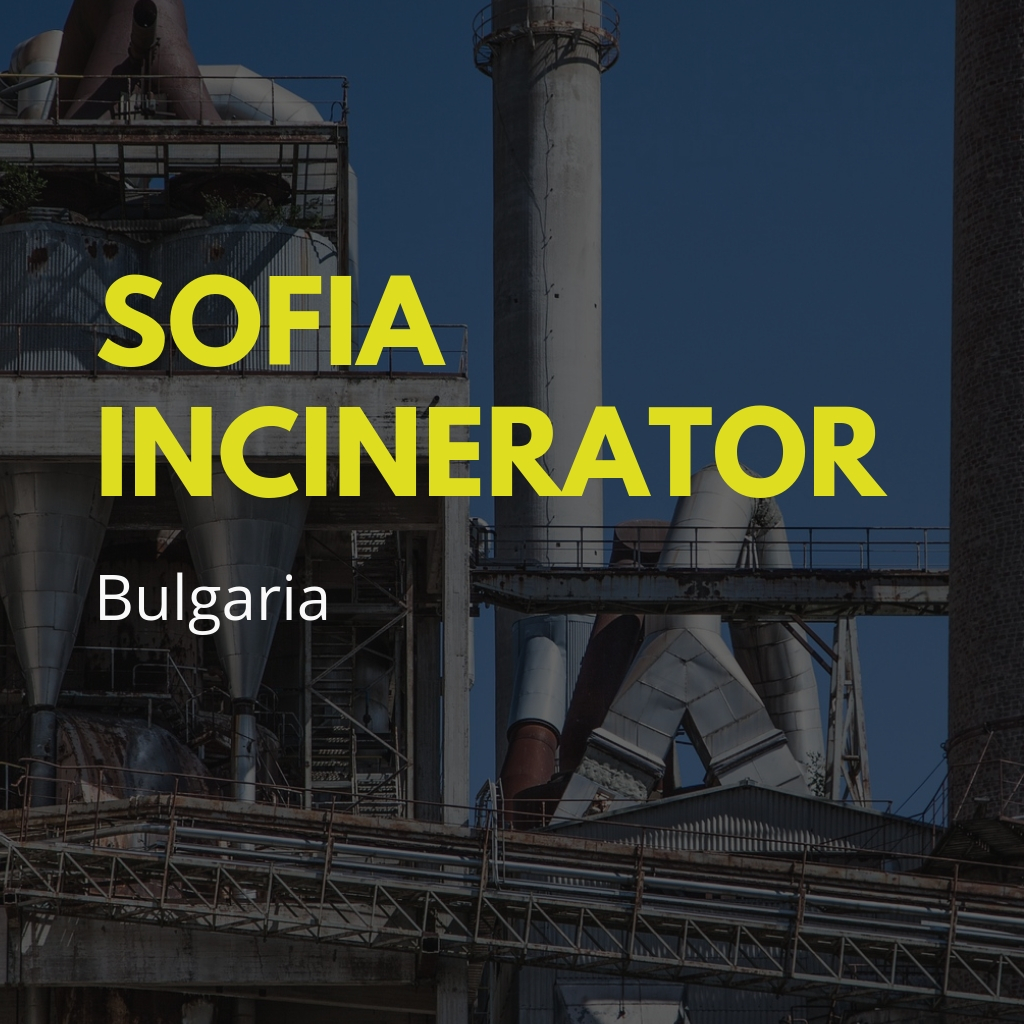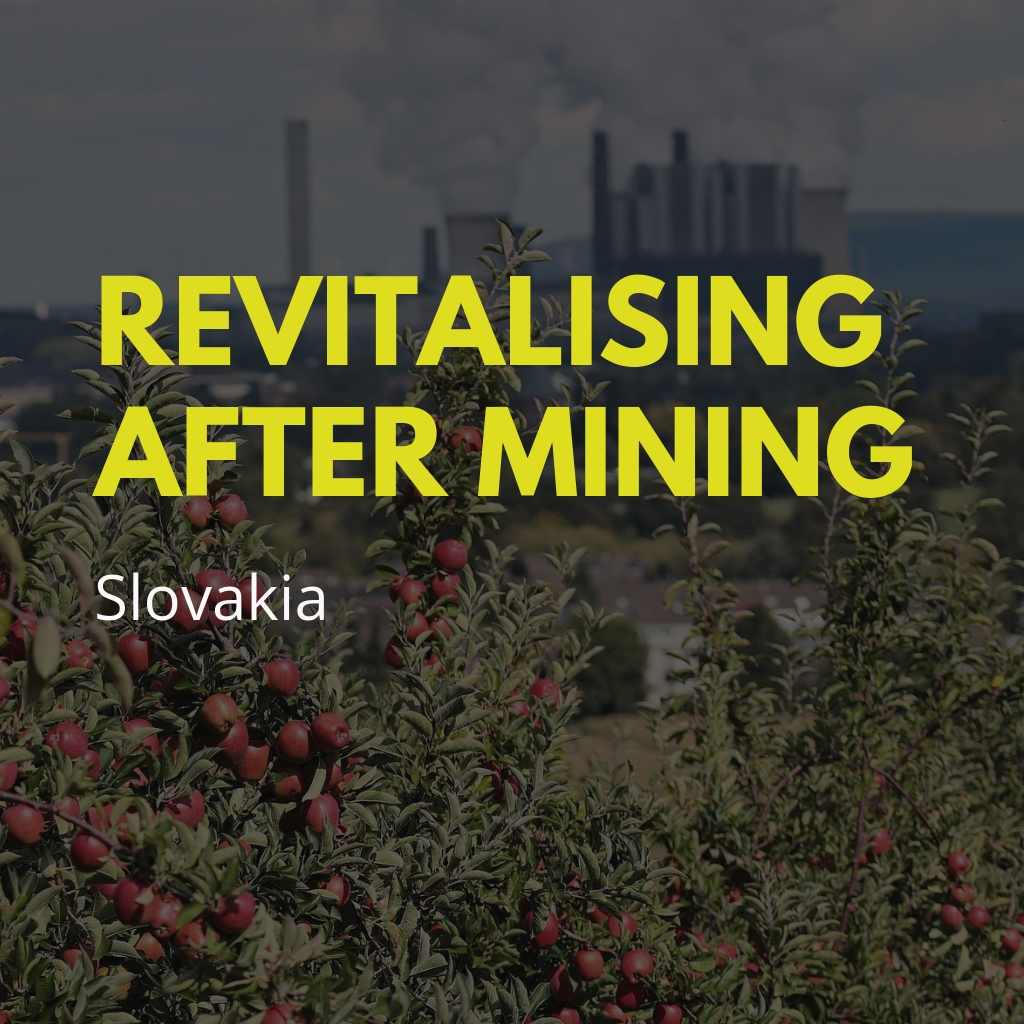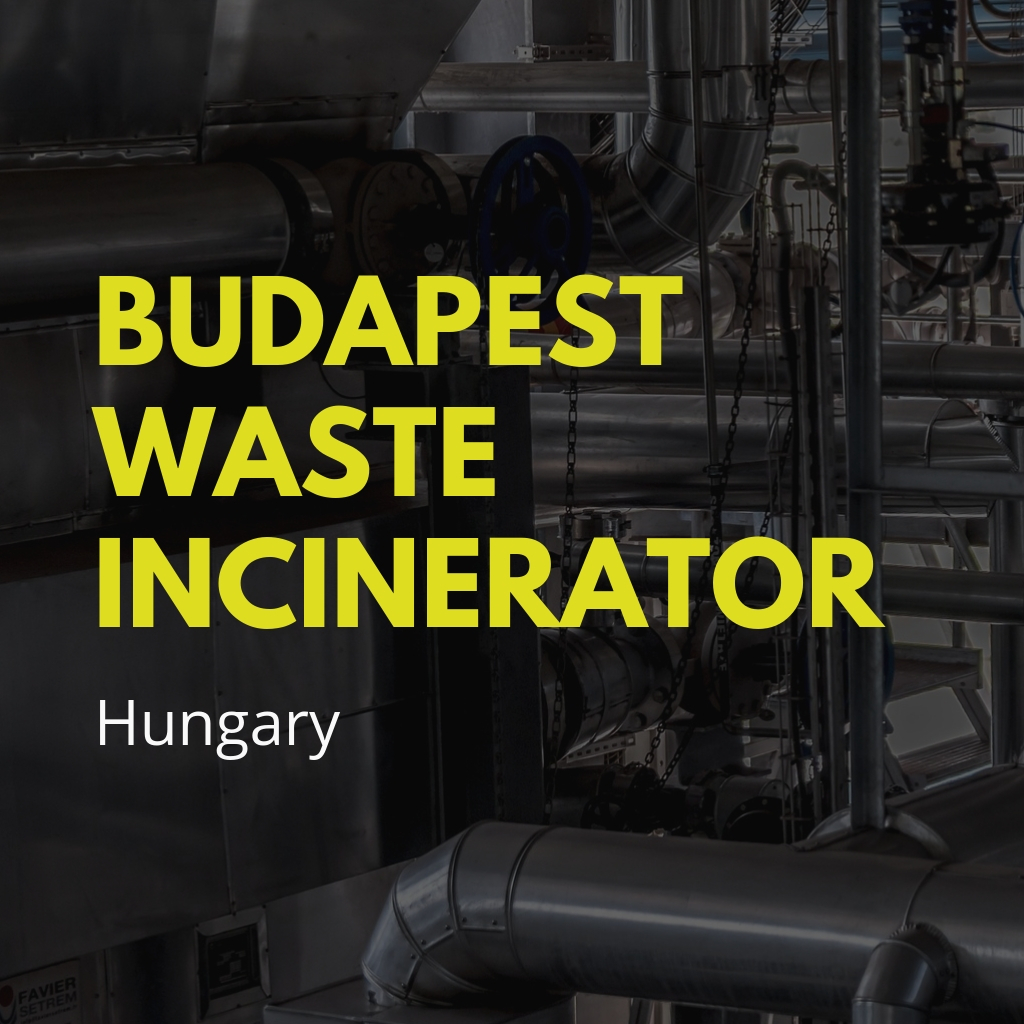Bucharest thermal treatment plant and energy recovery of municipal waste
Country: Romania
EU funding: EUR 180 million
An incinerator for Bucharest has been under discussion for some time, first appearing in the Large Infrastructure Operational Programme 2014-2020 under Pirority Axis 3. The project would consist of a waste energy recovery facility, two biodigester and microbiological treatment station for the waste sorting station. The incinerator could process 300 to 350 000 tonnes per year and produce 124 000 MWh/year of electricity and 350 000 MWh/year in thermal energy.
Bucharest has signed a contract for technical assistance services to plan the project, but preparations cannot begin until a master plan for city-wide integrated waste management system is completed. After public consultations on the master plan in November, some amendments were made, and a plan is set to be approved.
Three locations have been considered for the project, two of which are former assets of ELCEN – the largest producer of electric and thermal energy in Bucharest, now in insolvency and undergoing restructuring.
Planning to build this incinerator is clearly against the principles of prevention and reduction of waste.
Media reports suggest that construction should be finalised by 2020.
Romania already faces an infringement procedure that was initiated in May 2017 when the European Commission sued the country for failing to close 68 landfills before November 2015. Planning to build this incinerator is clearly against the principles of prevention and reduction of waste.
The authorities should focus on the implementation of measures to promote the development of infrastructure for separate collection and recycling. Local NGOs claim that the inclusion of the incinerator in the National Waste Management Plan is based on a simple analysis of CO2 emissions, and does not include all emissions produced by incineration and the effects they may have on human health.










